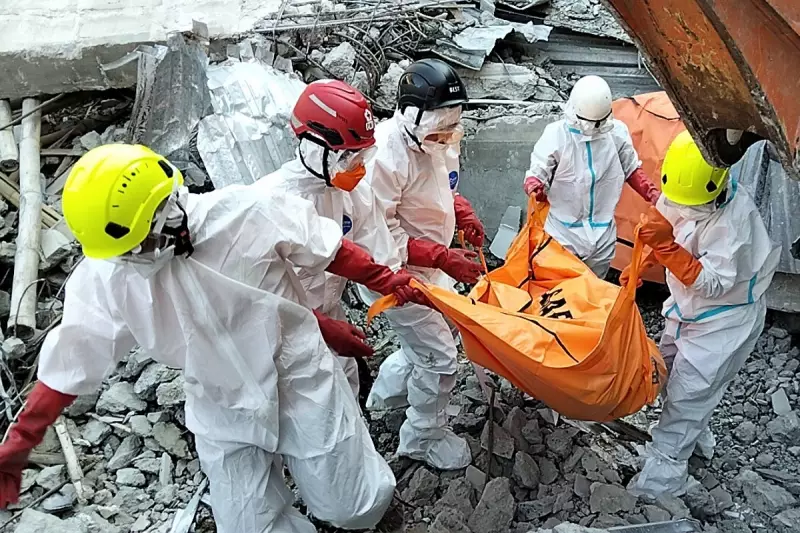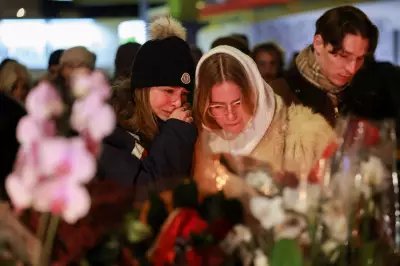
In a devastating series of coordinated attacks, suicide bombers targeted multiple churches in the Indonesian city of Surabaya on Sunday morning, killing at least 13 people and wounding 40 others in one of the country's most severe terrorist incidents in recent memory.
The attacks unfolded during morning services at three separate Christian churches across Indonesia's second-largest city, sending shockwaves through the predominantly Muslim nation. Emergency services rushed to the scenes as plumes of smoke rose above the city's skyline.
Coordinated Assault on Places of Worship
According to police reports, the bombings appeared to be carefully synchronized, striking the Santa Maria Roman Catholic Church, the Surabaya Centre Pentecostal Church, and the Christian Church of Diponegoro within minutes of each other. The timing suggests a well-planned operation designed to maximize casualties during peak worship hours.
Eyewitnesses described scenes of chaos and devastation outside the churches, with debris scattered across the streets and emergency vehicles struggling to reach the wounded through crowded neighbourhoods.
Family Involvement in Attacks
In a disturbing development, authorities revealed that one attack involved an entire family—including both parents and their children—carrying out a suicide bombing. This grim tactic represents a worrying evolution in terrorist methodology within Indonesia, raising concerns about radicalisation affecting whole family units.
National Police spokesman Frans Barung Mangera confirmed that six suspects died in the attacks, while two others were apprehended alive and are currently assisting with the investigation.
Indonesia's Struggle with Religious Extremism
These attacks represent the most serious outbreak of religious violence in Indonesia since the January 2016 Jakarta bombings. The world's largest Muslim-majority country has faced an ongoing battle against radical elements, particularly those pledging allegiance to Islamic State.
Security analysts have noted an increase in terrorist activity targeting religious minorities in recent months, despite government efforts to combat extremism through both security measures and deradicalisation programmes.
International Condemnation and Response
World leaders have been quick to condemn the attacks, with messages of solidarity pouring in from across the globe. The coordinated nature of the assaults has raised concerns about the sophistication of terrorist networks operating within Southeast Asia.
Indonesian authorities have heightened security at religious sites nationwide and launched a comprehensive investigation to identify any remaining threats. Police checkpoints have been established around Surabaya, with additional security personnel deployed to protect vulnerable locations.
This developing story continues to unfold as authorities work to establish the full scope of the attacks and identify all individuals involved in planning and executing these devastating assaults on places of worship.





